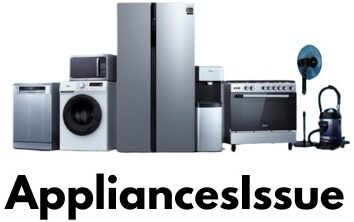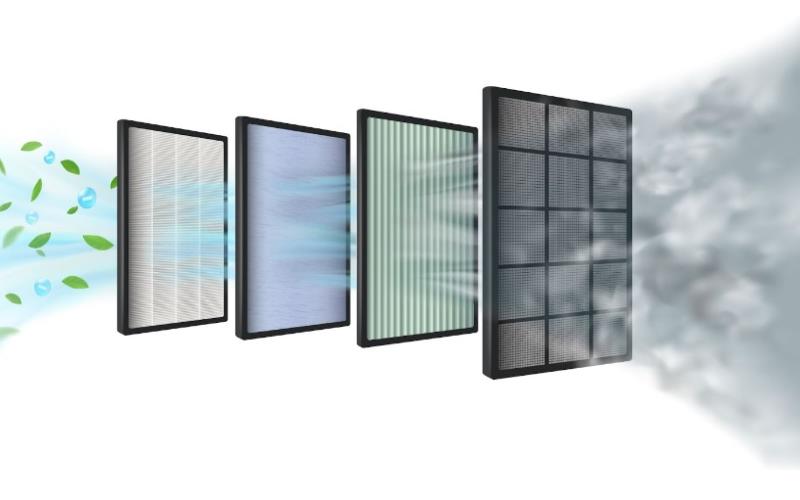Air purification is one of the most important functions of an HVAC system. Indoor air quality maintenance is essential for general well-being, and air filters do exactly that. Primarily, air filters purify air by trapping contaminants which is why after a certain amount of time, changing them becomes mandatory to ensure consistent clean air distribution throughout your home. Changing air filters regularly is necessary for your HVAC system’s optimal performance too since overused filters make your air conditioner overwork itself. That’s why investing in HVAC filters is necessary to ensure a healthy atmosphere inside your home since they’re responsible for your home’s indoor air purification and your HVAC system’s optimal performance as well.
Let’s take a deeper look into how upgrading your HVAC filter is a wise investment and not an unnecessary expense:
Ensures healthier environment
Air filters trap pollutants, allergens, dust, mold, etc. in their filter medium to ensure clean air distribution throughout your home, and help you breathe in air free of harmful particles. However, if you keep using your air filters even after they’re past their usability, they can’t keep your indoor air free of pollution, which leads to many issues that affect your health. Also, upgrading your air filter to a high-quality one for more enhanced filtration can take your indoor air quality to a whole new level by fully minimizing the amount of dust particles and allergens that enter your home. So, changing air filters is crucial for a healthy atmosphere and not at all something that can be considered unnecessary.
Expands your HVAC system’s Lifespan
Air filters prevent your HVAC system from directly interacting with dirty air and keep the components safe from contaminants. Air filters start getting clogged if they’re not changed on time over time, they become incapable of serving their purpose. Once they’re on the verge of becoming unusable, your air conditioner starts having trouble pushing air through, resulting in the system being overworked. Not only that, your HVAC system’s components end up coming in touch with harmful particles that lead to quick deterioration of those components. This is why it’s important to change your air filters frequently since they help your air conditioner deliver optimal performance without having to put in extra effort as well as keep it safe from being harmed by polluted particles, all of which are factors that contribute to your system’s lifespan extension.
Guarantees energy-efficiency
Clogged air filters make it harder for your air conditioner to deliver optimal performance without overworking itself since the unfiltered air creates blockages inside the system that make the fan function at higher speeds. As you can see, your air conditioner is required to work harder to push dirty air through the system, which inevitably leads to unnecessary energy usage. That’s why upgrading air filters allows your air conditioner to deliver optimal performance without overworking itself which results in a significant reduction in your electricity usage.
Saves your money
Air filters potentially keep your air conditioners safe from unnecessary damage which leads to requiring repairs less frequently. High-quality air filters are designed to draw in cooler air which prevents your air conditioner’s components from heating up and as your air conditioner’s components don’t accumulate harmful particles over time, they don’t take gradual damage that ends up requiring expensive repairs. Since your HVAC system doesn’t have to overwork itself because of unclean air, you end up saving quite a bit of money on utility bills as well. As you can see, air filters help to reduce long-term costs effectively, so they’re indeed a wise investment.
Ensures consistent comfort
Upgrading HVAC filters ensures a more comfortable atmosphere inside your home as it enhances the airflow throughout your home, so your home stays free of allergens, contaminants, etc. that could disrupt your peace by causing respiratory issues and discomfort caused by poor air quality. A lot of high-quality air filters come with features that alongside filtration, minimize odors, actively prevent mold growth, etc. Garbage odor or other outdoor odors from industrial activities or exhaust fumes are quite unhealthy and unpleasant so they may create an uncomfortable atmosphere inside your home. Also, airborne mold spores can cause mold growth inside your home which is bad for your health as well as your walls and furniture. Thankfully, high-quality HVAC air filters perpetuate pure airflow throughout your home by not only filtering it but also effectively removing bad odors and mold spores from the air. So, it’s definitely a good idea to upgrade your air filter for undisturbed and enhanced comfort.
Evidently, upgrading your air filter is a wise way to spend your money as it not only helps you save money and energy but also ensures your comfort by maintaining a healthy atmosphere indoors. However, before upgrading your air filter, there are several factors that need to be checked to ensure you’re getting a proper air filter compatible with your HVAC unit, and this is something you should definitely leave up to professional HVAC technicians as they can use their relevant experience to properly assess what’s best for your system.

Jenny Pino is the visionary founder and chief editor of AppliancesIssue.com. With a background in appliance service and repair spanning over 15 years, Jenny brings a wealth of hands-on experience to the table. Her expertise extends to various appliances, including refrigerators, washing machines, dryers, and dishwashers.
As the driving force behind AppliancesIssue.com, Jenny’s passion for research and problem-solving ensures that our content remains at the forefront of addressing your appliance concerns. She sets the direction for our blog, guiding the team to create comprehensive troubleshooting guides and solutions for everyday appliance issues.
Jenny is dedicated to making AppliancesIssue.com a one-stop resource where readers can find practical answers to appliance problems while honing their DIY skills.

